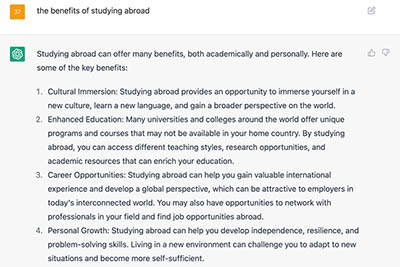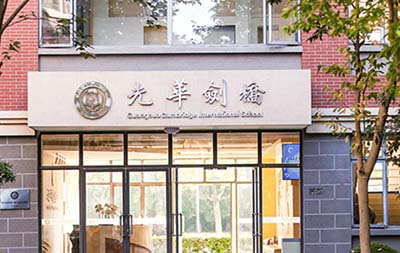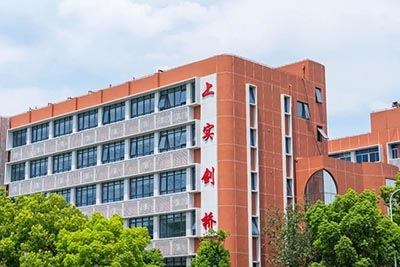首頁(yè) >> 雅思學(xué)習(xí)資料 >> 雅思口語(yǔ)>>正文
雅思寫作話題:童年時(shí)代的變化
時(shí)間:2022-10-14
來(lái)源:網(wǎng)絡(luò)
作者:老師
關(guān)于童年我們總是有說(shuō)不完的回憶和趣事,但是大家有想過(guò)嗎?現(xiàn)在孩子的童年和你以前的童年究竟有什么差別?或者說(shuō)不同年代的孩子的童年發(fā)生了哪些變化,這對(duì)于小孩子會(huì)產(chǎn)生怎樣的影響?
Momentous Changes in Childhood
In just a few decades childhood has changed out of all recognition.
在短短的幾十年中,童年時(shí)代發(fā)生了翻天覆地的變化。
Today children will spend most of their time indoors, often with adults rather than with siblings or friends, be supervised more closely, be driven everywhere rather than walk or cycle, take part in many more organised activities and, probably for several hours every day, engage with a screen of some kind.
如今,孩子們將大部分時(shí)間都花在室內(nèi),通常是與成年人而不是與兄弟姐妹或朋友在一起,受到更密切的監(jiān)督,被載著而不是走路或騎自行車,參加更多有組織的活動(dòng),并且可能每天花費(fèi)幾個(gè)小時(shí)與某種屏幕互動(dòng)。
All this is done with the best of intentions. Parents want to protect their offspring from traffic, crime and other hazards in what they see as a more dangerous world, and to give them every opportunity to flourish.
所有這一切都是出于最好的意圖。父母希望在他們認(rèn)為更加危險(xiǎn)的世界中保護(hù)自己的后代不受交通,犯罪和其他危害的影響,并為他們提供每一個(gè)成長(zhǎng)的機(jī)會(huì)。
Prosperous parents these days, especially in America, invest an unprecedented amount of time and money in their children to ensure that they will do at least as well as the parents themselves have done, and preferably better.
如今,富裕的父母,特別是在美國(guó),為孩子們投入了空前的時(shí)間和金錢,以確保他們至少能做得和父母本人一樣好,最好做得更好。
Those endless rounds of extra tutoring, music lessons, sports sessions and educational visits, together with lively discussions at home about every subject under the sun, have proved highly effective at securing the good grades and social graces that will open the doors to top universities and well-paid jobs.
經(jīng)過(guò)無(wú)休止的額外補(bǔ)習(xí),音樂(lè)課程,體育課和教育訪問(wèn),以及在家中就每個(gè)主題進(jìn)行的熱烈討論,事實(shí)證明,這些方法在確保良好的成績(jī)和社交禮儀方面非常有效,這將打開頂尖大學(xué)和高薪工作的大門。
Working-class parents in America, for their part, lack the wherewithal to engage in such intensive parenting. As a result, social divisions from one generation to the next are set to widen.
就美國(guó)而言,工人階級(jí)父母缺乏進(jìn)行這種強(qiáng)化父母養(yǎng)育的資金。結(jié)果,從一代到下一代的社會(huì)分化將擴(kuò)大。
In rich countries the vast majority of 15-year-olds have their own smartphone and spend several hours a day online. We should also consider the effect on children of an array of screen-based devices, from televisions to smartphones, offering a feast of passive entertainment, interactive computer games and the opportunity to connect with peers remotely.
在富裕國(guó)家/地區(qū),絕大多數(shù)15歲的人都擁有自己的智能手機(jī),每天上網(wǎng)花費(fèi)數(shù)小時(shí)。我們應(yīng)該還將考慮從電視到智能手機(jī)等一系列基于屏幕的設(shè)備對(duì)孩子的影響,提供一系列被動(dòng)娛樂(lè),交互式計(jì)算機(jī)游戲以及與同伴遠(yuǎn)程連接的機(jī)會(huì)。
There are growing concerns that overuse might lead to addiction and mental illness, and that spending too much time sitting still in front of a screen will stop them from exercising and make them fat. The digital world also harbors new risks, including cyber bullying and sexting.
































